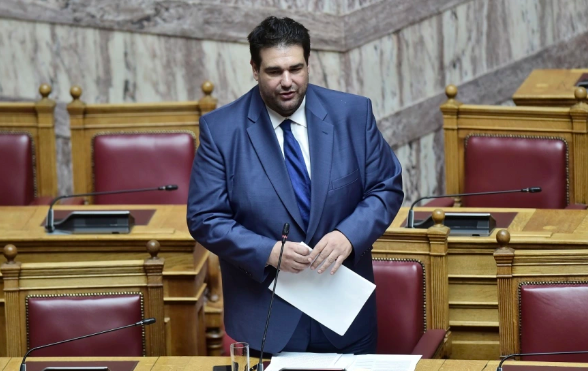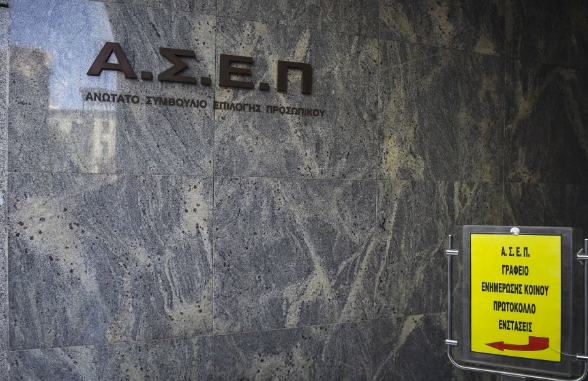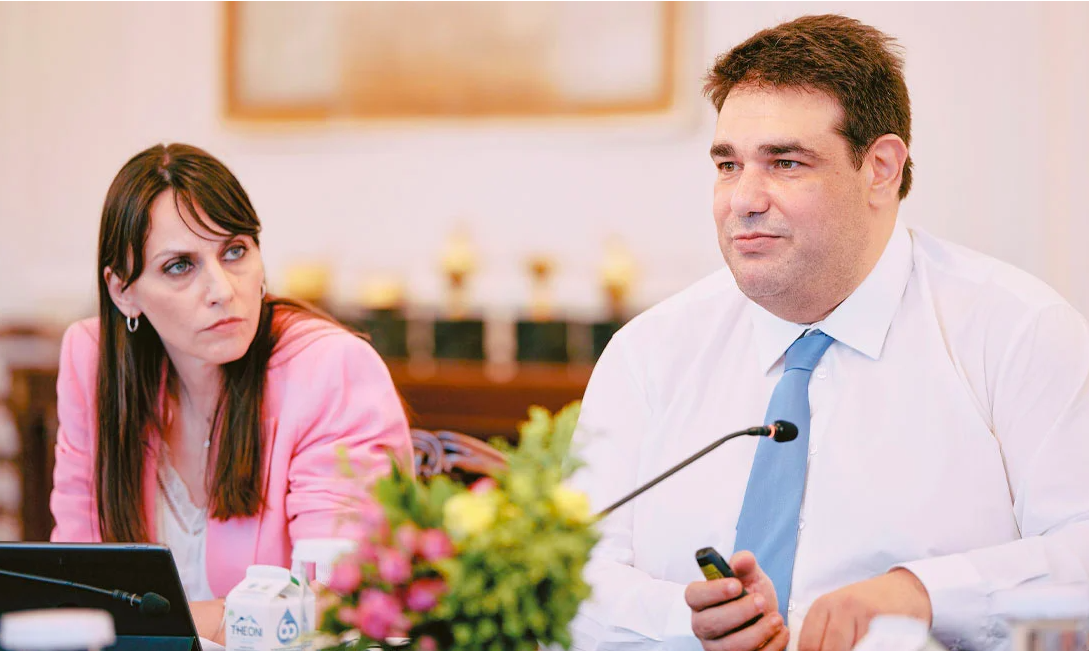The ASEP bill, aimed at modernizing public sector recruitment, has been introduced in Parliament. This legislation promises significant changes, including reducing the time to announce successful candidates from two years to six months and modernizing the verification process for supporting documents.
The initiative is led by Interior Minister Thodoris Livanios and Deputy Minister Vivi Charalambogianni, focusing on enhancing the efficiency of ASEP. The impetus for this overhaul came after the protracted delay in finalizing the results of the 2C/2022 competition, which saw participation from hundreds of thousands of candidates, with results still pending months later.

Currently, the process is bogged down by the dual-stage verification of candidate documents, leading to extensive delays. To address this, the Ministry of the Interior proposes creating a digital profile for each candidate. This profile will automatically pull supporting documents from state digital registers, ensuring their existence and authenticity.
Despite electronic submission of applications, verification remains cumbersome. ASEP staff can only check an average of 10 applications per day, while competitions often attract tens of thousands of applications. From 2021 to June 2023, ASEP issued 38,949 provisional and final results, a fraction of the total applications received. The new system will allow candidates to submit applications and authorize document verification via gov.gr, streamlining the process.
A significant challenge has been the lack of digital records from major universities. While 500,000 study titles from 20 HEIs are available online, notable institutions like NTUA and the Agricultural University of Athens are not yet integrated. The Ministry has deployed technicians to these universities to ensure they are connected to the state’s digital system by the end of July. Additionally, 180,000 equivalence certificates from DOATAP, language degrees, computer skills certifications, and EFKA service certificates will be digitally accessible.

For qualifications from third parties, such as language institutes, verification will be done by the respective providers. Secondary Education diplomas will be electronically verified with the educational units where candidates studied, and professional licenses will be authenticated through relevant chambers.
These changes aim to expedite the recruitment process, ensuring quick and efficient appointments in the public sector.
Ask me anything
Explore related questions





